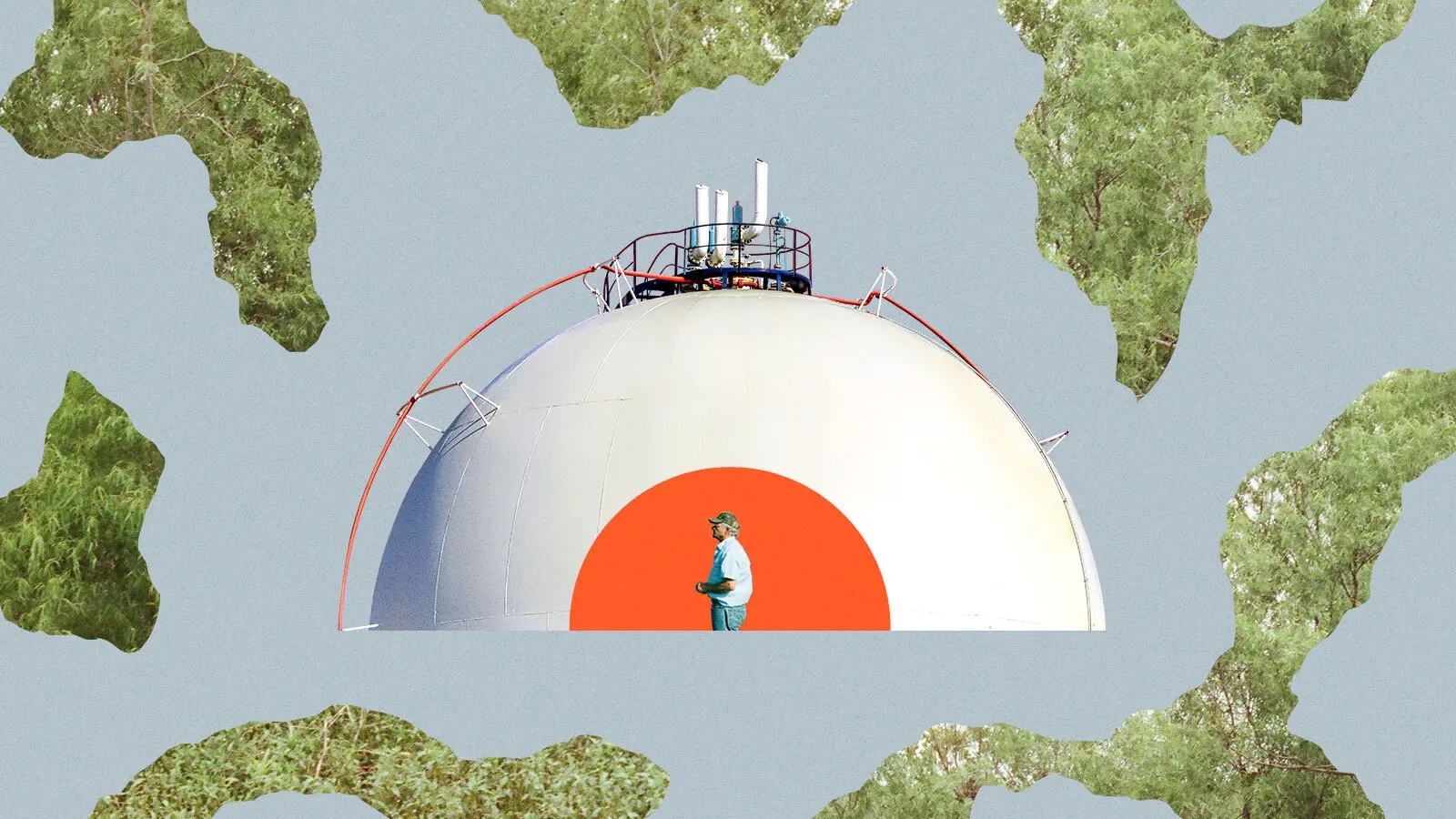The Biden administration put a temporary pause on the consideration of new U.S. liquified natural gas (LNG) export facilities. This decision was made in the wake of protests from climate activists about the Willow oil drilling project in Alaska. The pause does not decrease the amount of U.S. LNG exports; it only prevents the approval of new projects. It also allows the U.S. Department of Energy (DOE) time to evaluate the economic and environmental impacts of pending projects. The evaluation process will take months followed by a public comment period.
It will halt new projects for an indefinite period, at least until after the November 6th presidential election. The moratorium has caused controversy not only between environmental groups and gas companies but also within the environmental community itself. It revitalized the debate on whether a transition away from natural gas now is the best way to reduce emissions long term. 170 climate scientists wrote to Biden in December 2023 writing, “For years, the science has been overwhelmingly clear that we must stop expanding fossil fuel extraction and infrastructure and rapidly transition to renewable energy. We have simply no runway left and little margin for error.” However, some believe that LNG exports are crucial to reducing greenhouse gas (GHG) emissions as the DOE wrote, “U.S. LNG exports are preferred over coal in LNG-importing nations, U.S. LNG exports are likely to reduce global GHG emissions on per unit of energy consumed basis for power production.”
Climate activists deemed the pause a win as LNG is mostly comprised of methane which is a potent greenhouse gas. If the U.S. were to approve just the Willow Project it would add 9.2 million metric tons of carbon pollution into the atmosphere each year. These projects cause more harm than just emissions. The Willow Project requires new infrastructure such as roads and pipelines that could destroy 532 acres of wetlands, 619 acres of polar bear habitat disturbances and 17,000 acres of disturbances for birds.
238 climate, environmental justice, public health, faith, and community organizations wrote a letter to President Biden on the impacts of another project, Calcasieu Pass 2 (CP2). This would be constructed along the coast of Louisiana. If CP2 is anything like Calcasieu Pass it will have permit deviations and regularly violate permits. This localized pollution causes chemicals like benzene and nitrogen oxides to enter the community. These chemicals have dire health impacts such as cancer, heart disease and asthma. Additionally, Louisiana relies on coastal wetlands and marshes to absorb storm surges that the construction of CP2 would destroy. These areas are also crucial to Louisiana’s fishing industry as they provide fish habitats and oyster beds. CP2 would also create 20 times more emissions than the Willow Project.
The gas industry is furious with Biden’s decision saying, “This is a win for Russia and a loss for American allies, U.S. jobs, and global climate progress.” The argument posed by the gas industry is that a transition away from natural gas may not actually be a step toward a cleaner future. Even though natural gas itself is not a clean fuel, it is substantially cleaner than other fossil fuels like coal and oil as natural gas produces 42 percent less emissions than coal and 27 percent less emissions than oil. This is why it is often characterized as a “bridge fuel” while other forms of cleaner energy are being researched and developed.
The U.S. reduction of LNG exports does not necessitate that countries that rely on this energy will switch to a more sustainable form of energy production. Instead, other countries like China and Russia can fill in the gap that has been left by the U.S. China is slowly increasing control of global energy as they increase their coal power capacity. Although Russia also exports LNG, the U.S.-exported LNG is cleaner than Russia’s. This means that if a country that relies on U.S. natural gas gets turned away, there is a substantial risk their emissions will increase. House Energy and Commerce Committee Chair, Cathy McMorris Rodgers, even went so far as to call the policy “another gift to Putin.”
This argument holds much validity but is only descriptive of the status quo energy market, not predictive of the future that other countries are working towards. European countries have individual climate goals to become less reliant on natural gas. A natural gas researcher for Columbia University’s Center on Global Energy Policy said European gas demand is expected to stabilize and possibly decline as they reach to meet their own emission targets. This means there is no need for the U.S. to expand its export capacity. Additionally, the US current projects and projects that were approved pre-ban and under construction now are projected to satisfy Europe’s upcoming energy needs.
East Asian allies like Japan, India, and South Korea have their own emissions-reduction goals. For example, South Korea passed the Carbon Neutrality Bill in 2021, which requires the government to reduce GHG emissions by at least 35% from 2018 levels by 2030. The pause in approval of new projects is not actually a reduction in U.S. exports. It maintains current export levels. There are export projects that have been approved that are not in use yet which means the US will still be expanding export capacity for the near future. Energy Secretary Jennifer Granholm said, “Nor will [the pause] impact our ability to supply our allies in Europe, Asia or other recipients of already authorized exports. We remain committed to ensuring our partners’ medium-term energy needs are met.” Even if our allies have to turn to other countries for their energy needs, the US is not the only sustainable option. China is working towards renewable energy as well. China committed to have 1,200 GW of renewable energy by 2030, but China could meet this goal as soon as 2025.
The bottom line is that the impact of LNG on climate change is not fully understood. The energy market is dynamic and climate change is rapidly increasing. The Biden administration has made a wise decision to let the DOE gather data on the impacts of LNG while not decreasing the export rates in the status quo as the global need for expanding LNG is still undetermined.
Featured Image Source: “A closer look at Joe Biden’s LNG export freeze“ by Myles McCormick






Comments are closed.